Jacksonville, FL — Spring is just around the corner! Most of the I-95 corridor to the beaches is at or past the date of the *average* last freeze of the season. For more inland areas - near & west of Highway 301, the avg. date of the last freeze is typically between March 1 & March 15th. REMEMBER! - the avg. date means 50% of the time the last freeze occurs before the date, 50% of the time after the date. Our latest freeze on record officially in Jacksonville is April 8 in 2007.
Data from Climate Central since 1970 indicates the days with above avg. temps. are increasing - by about 9 days or so. Except for the Northern Plains, temps. across the Lower 48 have increased during the last 50 years during March/April/May.
As we exit February, soil moisture is above avg. thanks to an unusually wet month. We had 7 thunderstorm days - a record beating the old record of 6 in 1998. And Feb., 2021 will go down as the 10th wettest on record at JIA with 6.63″ of rain. The wettest ever is 1998 with 11.12″ of rain (a year that turned very dry later in spring/early summer resulting in a severe wildfire season). The last few weeks of widespread, heavy rain have reversed dry January conditions.


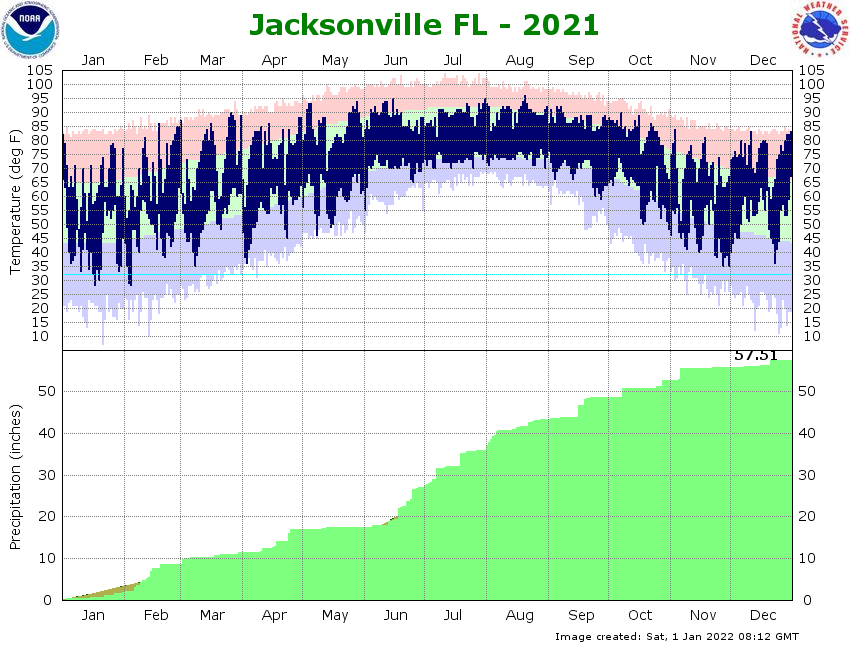
La Nina conditions continue across the equatorial Pacific though imagery below shows the La Nina (cooling of the water temps.) is not as strong as the past few months.

Dr. Phil Klotzbach, CSU tropical meteorologist point out in the image below that the peak of the ‘21 hurricane season is forecast to have near neutral or perhaps weakly La Nina conditions. Forecast models are notoriously poor with their predictions during the spring, so we’ll need to continue to monitor the situation. In the meantime, La Nina often times results in a warm, dry spring for NE Fl./SE Ga. - something to consider as we head toward the peak of the wildfire season. If all other things are equal, a neutral or weak La Nina deep into summer/early fall would imply a *potentially* active hurricane season.
Cox Media Group
:quality(70)/cloudfront-us-east-1.images.arcpublishing.com/cmg/4BY52YP3URHB3CBG6342FEUNGQ.jpg)
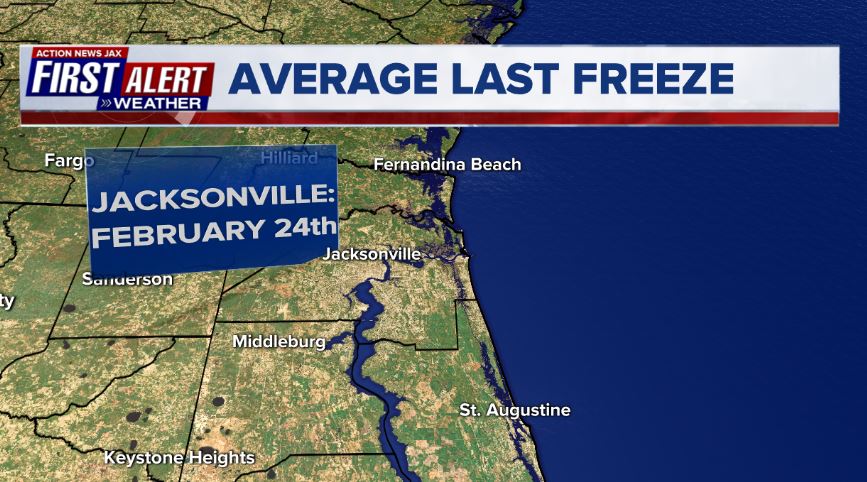
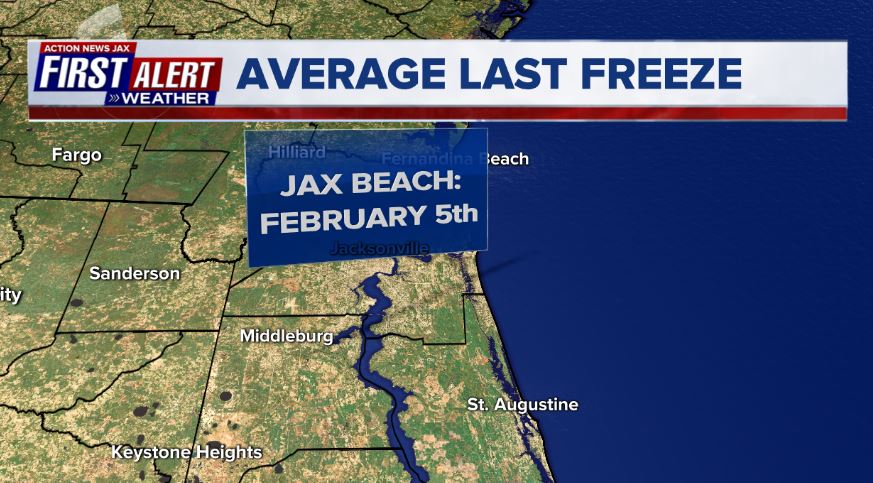
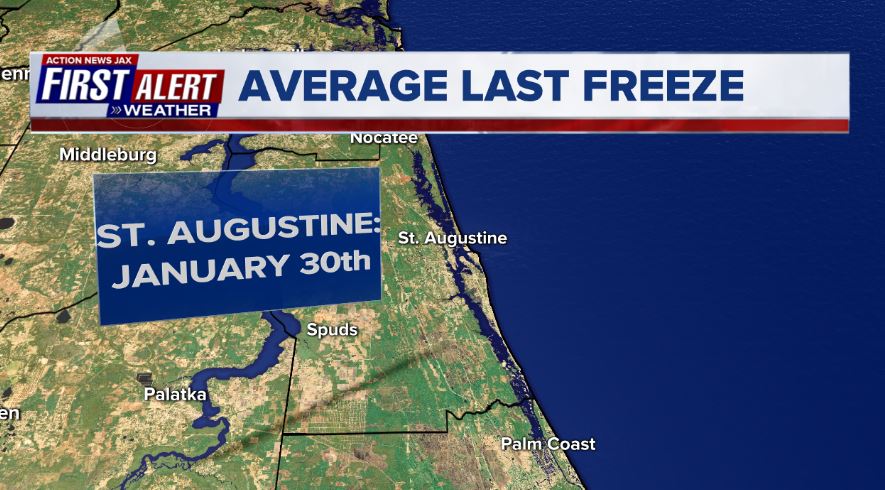
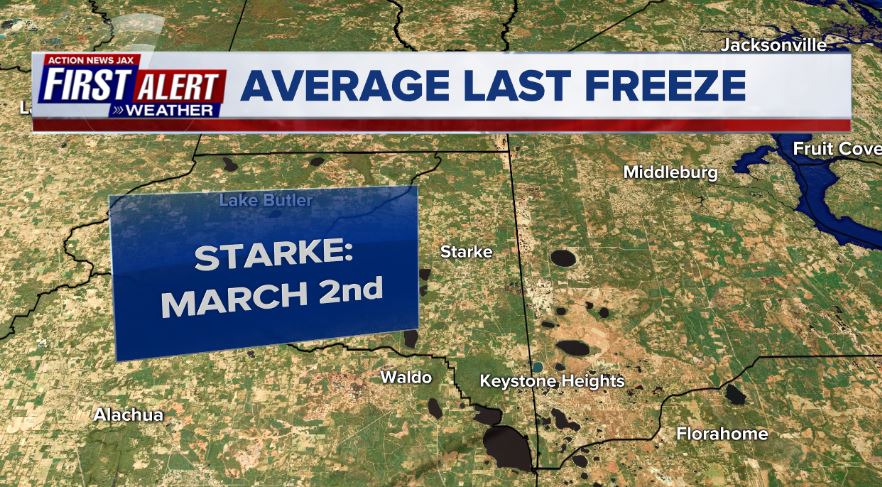
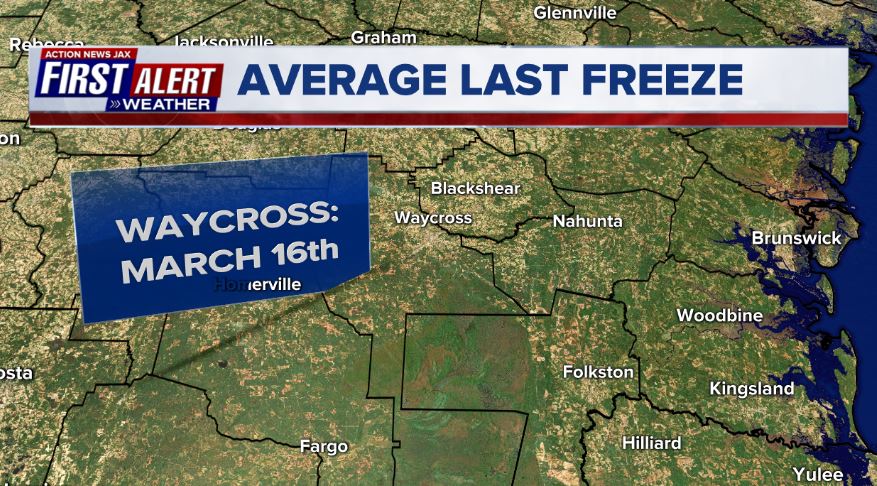
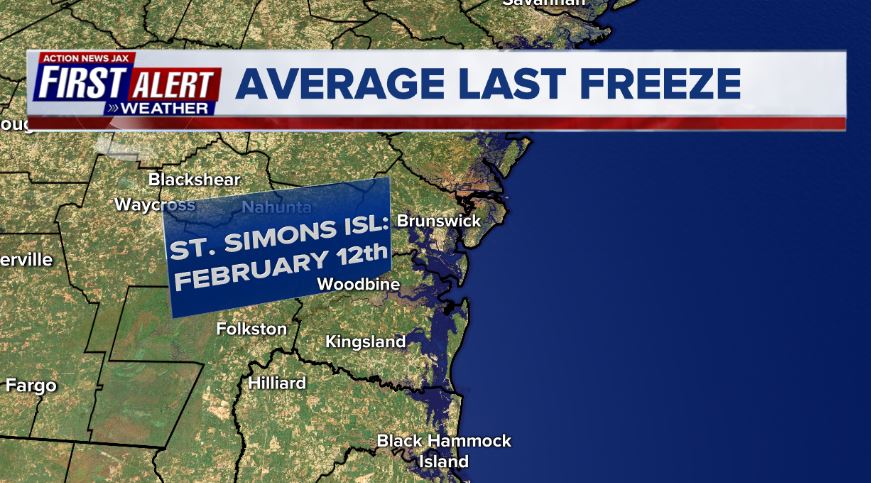
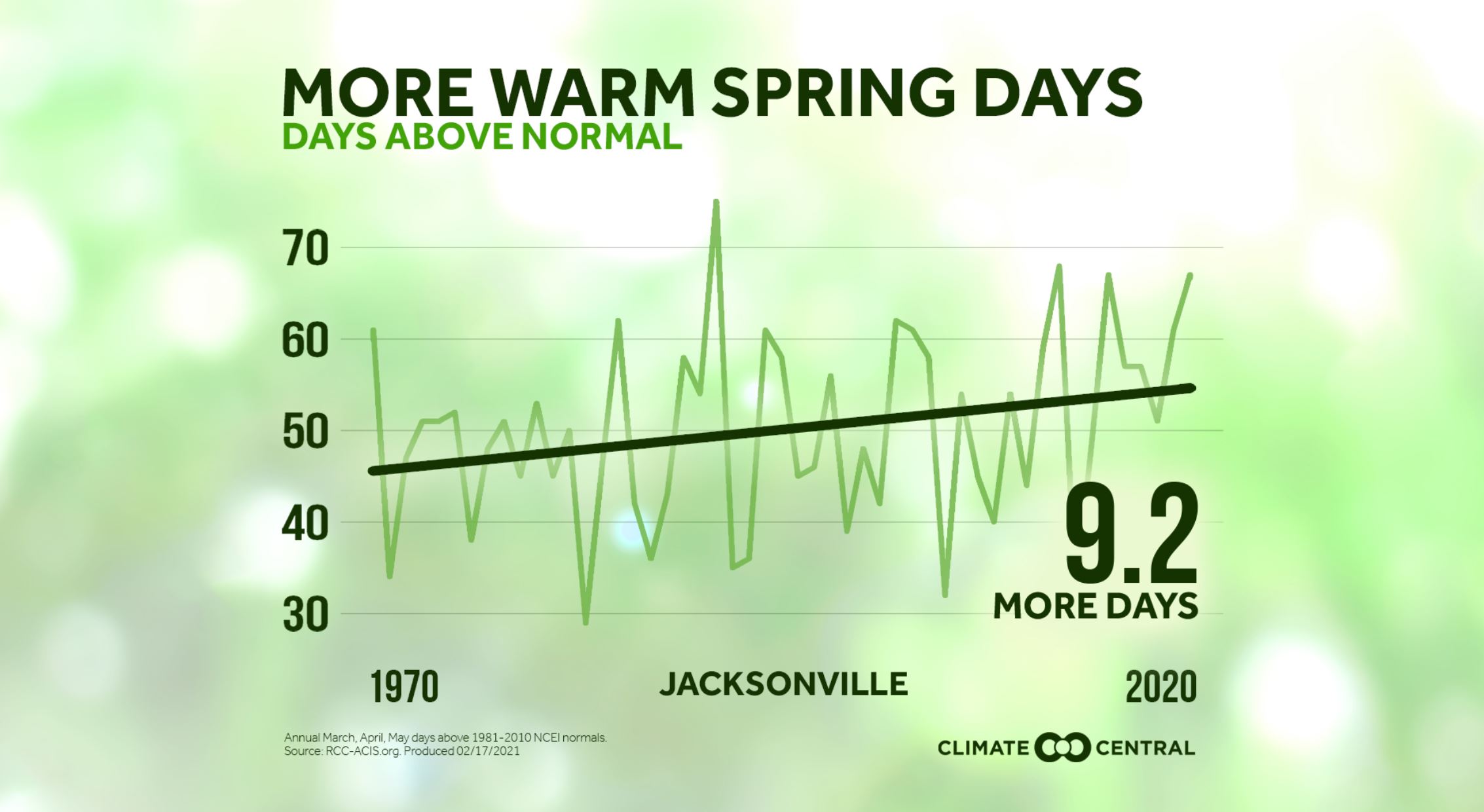
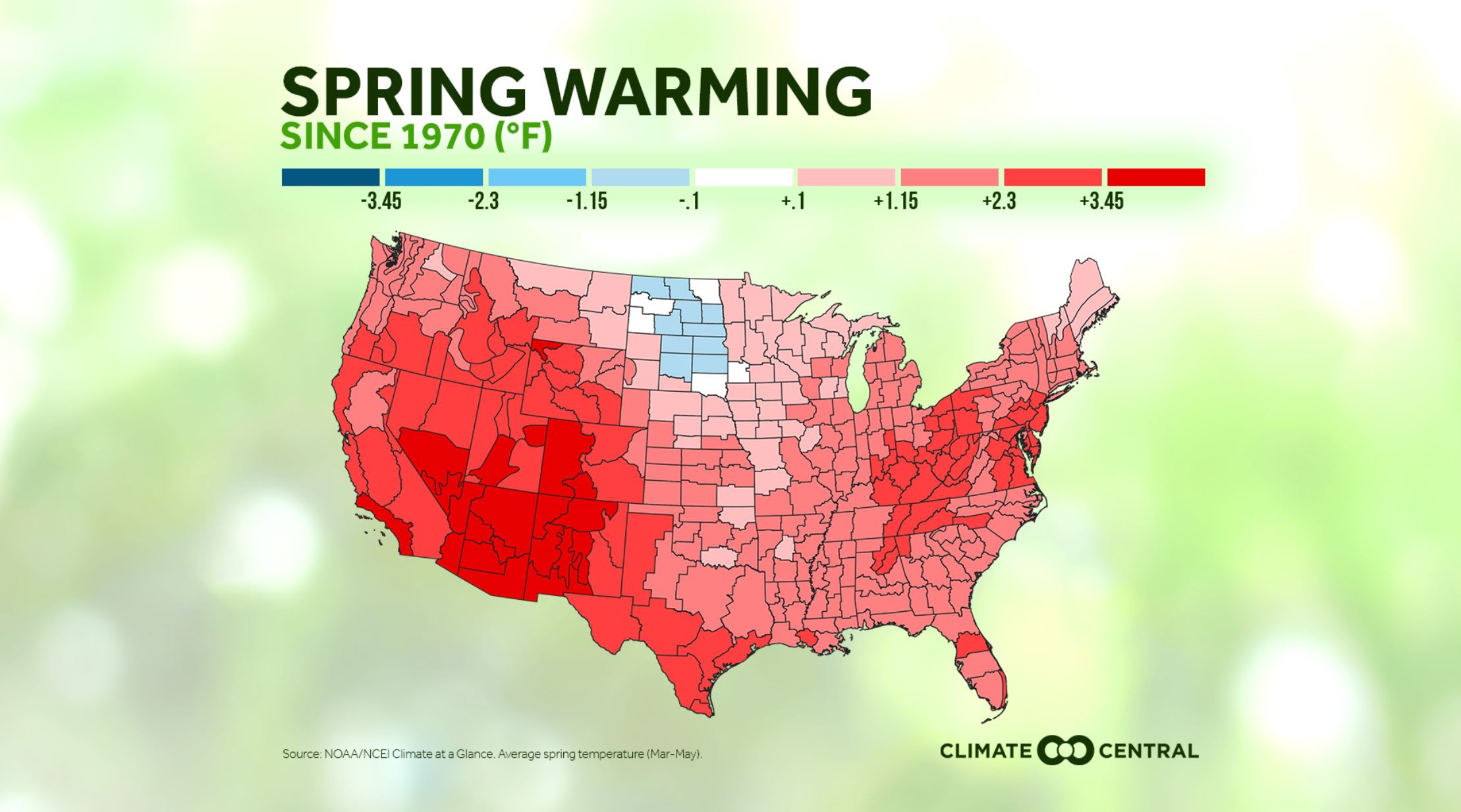
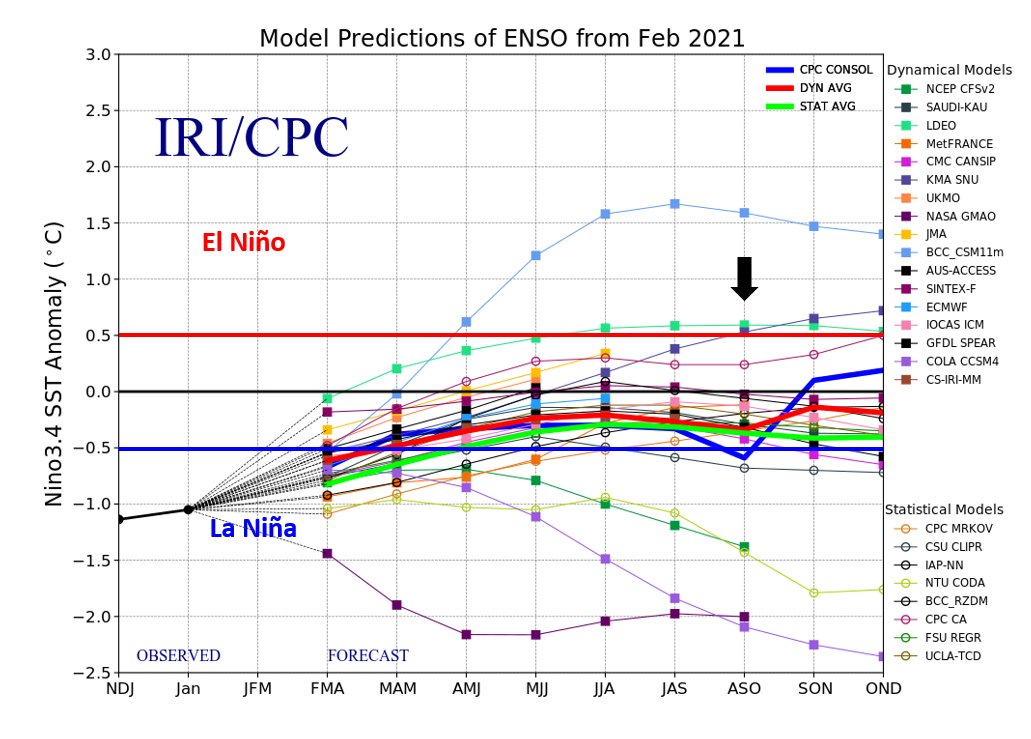
:quality(70)/d1hfln2sfez66z.cloudfront.net/04-18-2024/t_b399b953598a462d8ba0c4539e279e62_name_file_960x540_1200_v3_1_.jpg)
:quality(70)/cloudfront-us-east-1.images.arcpublishing.com/cmg/N7YMXJTJYJEFBCXSUI6KPLO7OM.png)
:quality(70)/d1hfln2sfez66z.cloudfront.net/04-19-2024/t_b39028c734c24990ad62a61b3f088456_name_file_960x540_1200_v3_1_.jpg)
:quality(70)/d1hfln2sfez66z.cloudfront.net/04-19-2024/t_cce5cdc2bce2491e9ddd093667b9e4a9_name_file_960x540_1200_v3_1_.jpg)
:quality(70)/d1hfln2sfez66z.cloudfront.net/04-18-2024/t_1f723bd2aba44712a670380695ecffbf_name_file_960x540_1200_v3_1_.jpg)